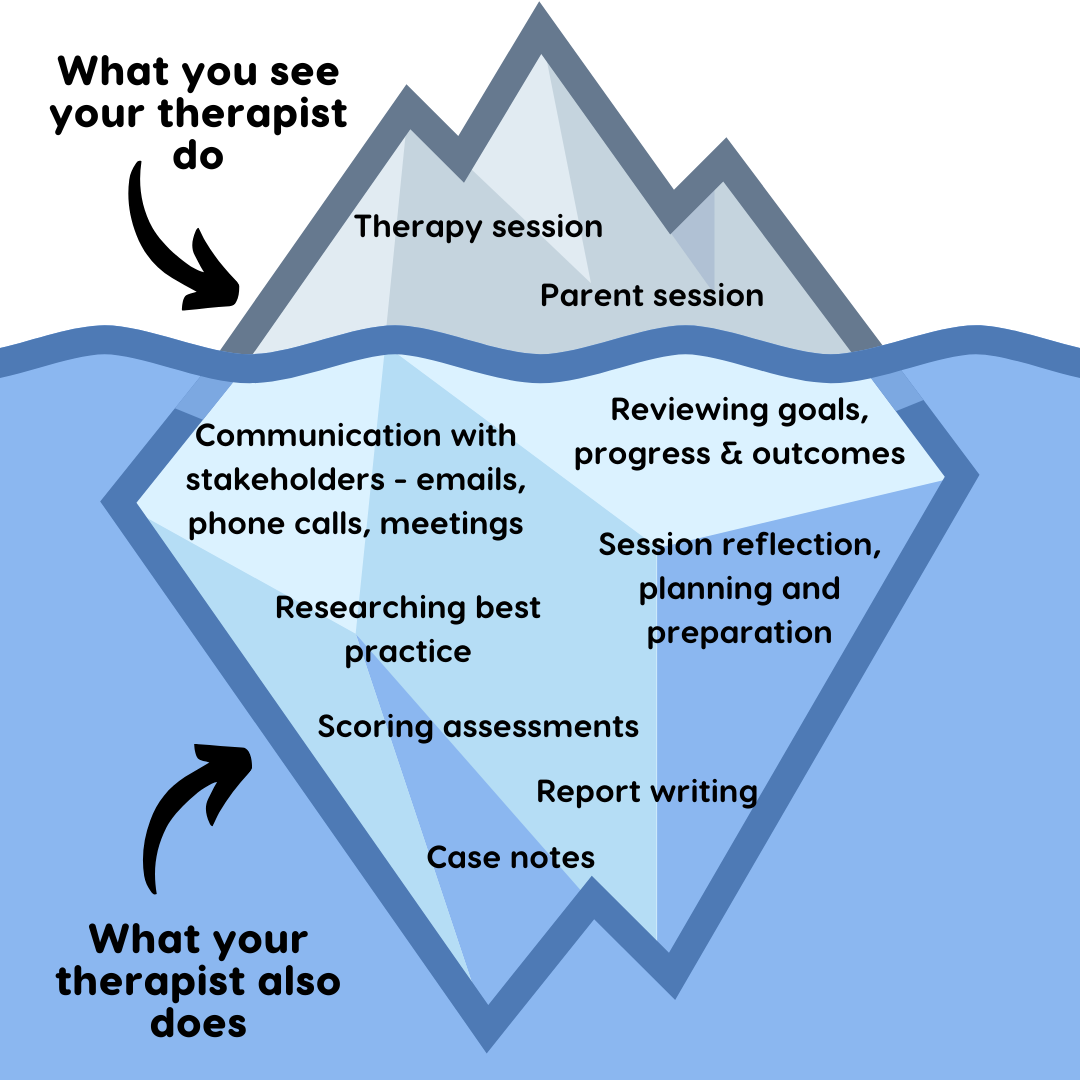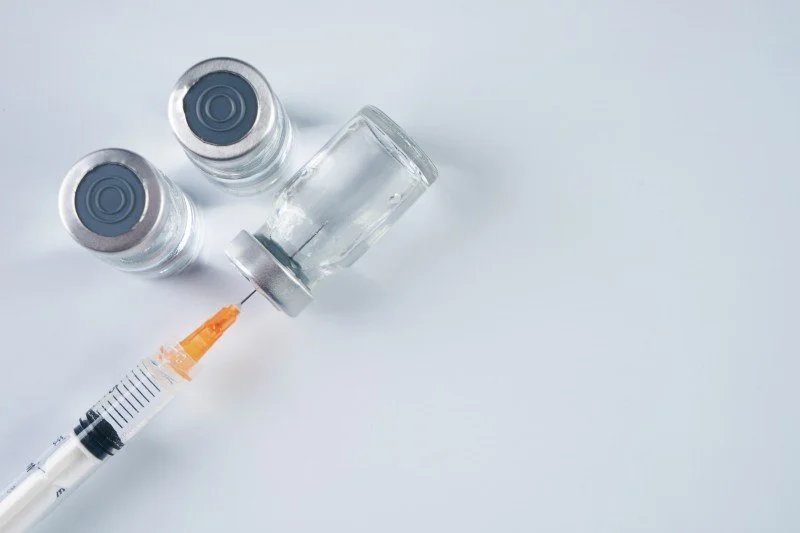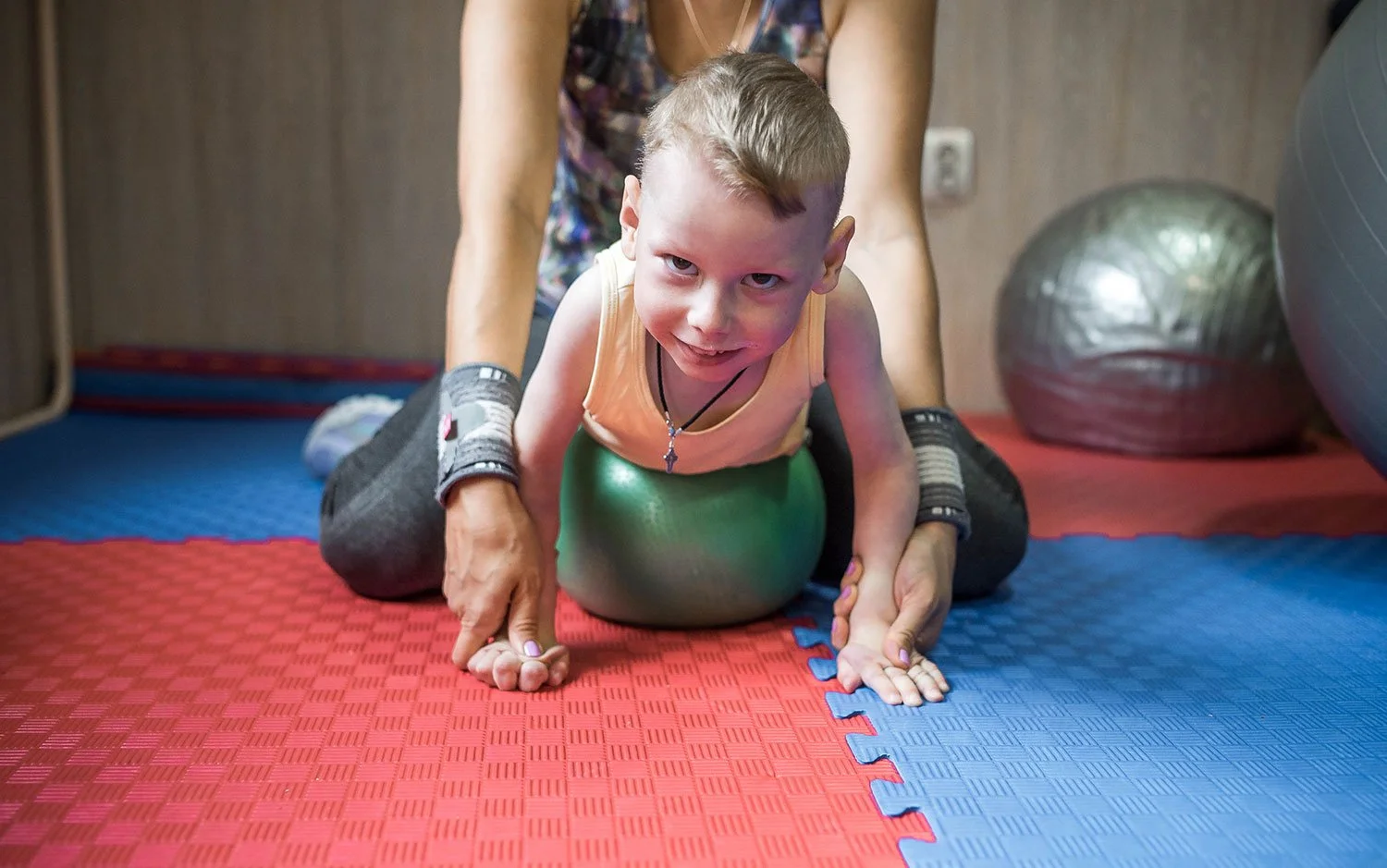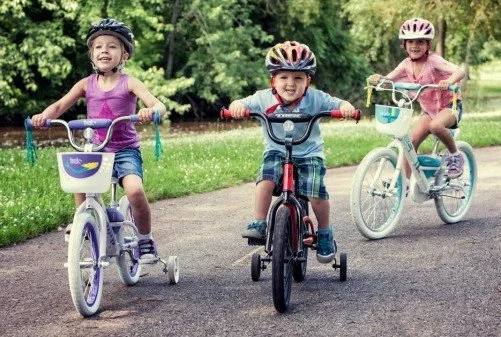Allied Health Assistant – an extra support for your child and family to achieve your goals
With the huge demand on paediatric allied health services across Australia, Allied Health Assistants (AHA’s) have emerged as an important way for kids and families to be able to get access to supports to help them with their needs and to achieve their goals.
Read on below to find out more about the ways Allied Health Assistant supports may enhance your child and family’s care.
What is Receptive Language?
Receptive language is what we understand. It can be referred to as oral language comprehension or listening comprehension.
Hop, Skip & Jump into the Holidays: Gross Motor fun for Families:
With the final school holidays of the year fast approaching, you might be wondering what are some fun activities to keep the kids active? The school holidays are a perfect time for families to get moving together to work on balance, coordination, and strength in ways that are enjoyable and developmentally beneficial. Below are some fun and simple, minimal equipment activities that can keep everyone energetic and engaged for the school holidays!
Neuroplasticity is the brain’s remarkable ability to reorganise and adapt. Neuroplasticity plays a crucial role in paediatric therapy and how we can help children to learn, recover from injuries, and develop skills. In this blog post, we delve into what neuroplasticity is, what it means for paediatric therapy, its implications for various conditions, and practical strategies therapists use to harness its power.
Imagine you have a big puzzle. Some pieces are easy to find, but others are tricky. Therapy is like having a special guide to help you and your family put the puzzle together. When kids face challenges, early intervention therapy can make a big difference. Let’s talk about what this therapy journey is all about!
Osgood-Schlatter's Disease is a common condition among adolescents, particularly those who are active in sports. It's characterized by pain and swelling just below the kneecap, where the tendon below the kneecap attaches to the shinbone. While it's not a serious condition and typically resolves on its own once growth spurts cease, it can be a source of discomfort and limitation for young athletes.
If your pre-adolescent child is complaining of heel pain, then it could be Sever’s Disease. Read on to find out more about this common musculoskeletal condition of childhood, and how physiotherapy can help alleviate symptoms and help your child continue to participate in the activities they love.
As caregivers, we're constantly seeking ways to support our little ones' growth and development. One simple yet powerful practice that can sometimes get overlooked is tummy time. Far more than just a routine, tummy time is a key ingredient in fostering healthy development in infants. In this article, we'll delve into the myriad of benefits of tummy time and why it's essential for babies' physical and cognitive growth.
A crucial aspect of a child’s development is gross motor skills. Gross motor skills involve the coordination and control of large muscle groups that are responsible for movement. Gross motor skills are the foundation for many physical activities such as crawling, walking, running, jumping, skipping, hopping etc.
In the ever-evolving landscape of parenting, one constant remains unchanged: children thrive on routine. Establishing a sense of predictability and order in a child's life not only provides a stable foundation but also fosters crucial developmental skills. One powerful tool that aids in creating routines is the use of visual schedules.
Toilet training is a big step for any little person and a goal that needs to be supported by the entire family unit. But when is the right time to start toilet training with your child?
F-words are essential in understanding and supporting children with disabilities to thrive and reach their full potential. Let's explore them together!
W sitting is when a child sits on their bum with their knees bent and feet out to the side, the angles that their legs make form the letter W.
When a child is first diagnosed with a developmental delay or disability, the child and parents can sometimes enter what feels like a whirlwind rollercoaster ride of assessments, goal setting, therapy appointments, home activities, and more therapy appointments. So much time and effort is put into helping the child to learn new skills, integrate those skills into their every day life, and build their independence… And then the cycle repeats…. Set goals, learn new skills, integrate the skills into everyday life, build independence….
At Move and Play, ‘therapy’ is any activity that is done by one of our team that will support or contribute to supporting your child and family to work towards their goals, and ultimately to help your child to move, play, develop new skills, participate in their daily life, and thrive in their community.
It can be easy to live life in the day to day. Focusing on what is happening right now, on what needs to happen this hour, this day, this week, this term. It can be easy to keep our head down, and forget to lift our head up to see where we are going, forget to think about what we want our life to look like in the more distant future.
Telehealth is a term that refers to the delivery of health care services and support via any telecommunication technology. A telehealth service can consist of videoconferencing, phone calls, emails and text or other direct messages.Telehealth can be used for many situations including assessment, direct therapy, parent education, teacher education and support, monitoring of home programs, virtual stakeholder meetings, equipment trials and prescription, and problem solving.
Children, assuming they all have healthy bodies and no underlying conditions that might impact their development, all tend to follow a reasonably similar pattern of development over the first 12 months of life. However, after that, the timing of the development of skills can start to vary a little more - why is this? It is as a result of the opportunities and experiences that children are given in order to develop.How is it that children learn new skills?There are some key ingredients:






























As the weather is warming up, you might have heard of the word hydrotherapy and wondered, what is hydrotherapy? Hydrotherapy put simply, is a different mode of therapy that is completed in the water. It can have a myriad of benefits and is also super fun and exciting for children, not only to spend some time in the water but also complete therapy in a different environment.